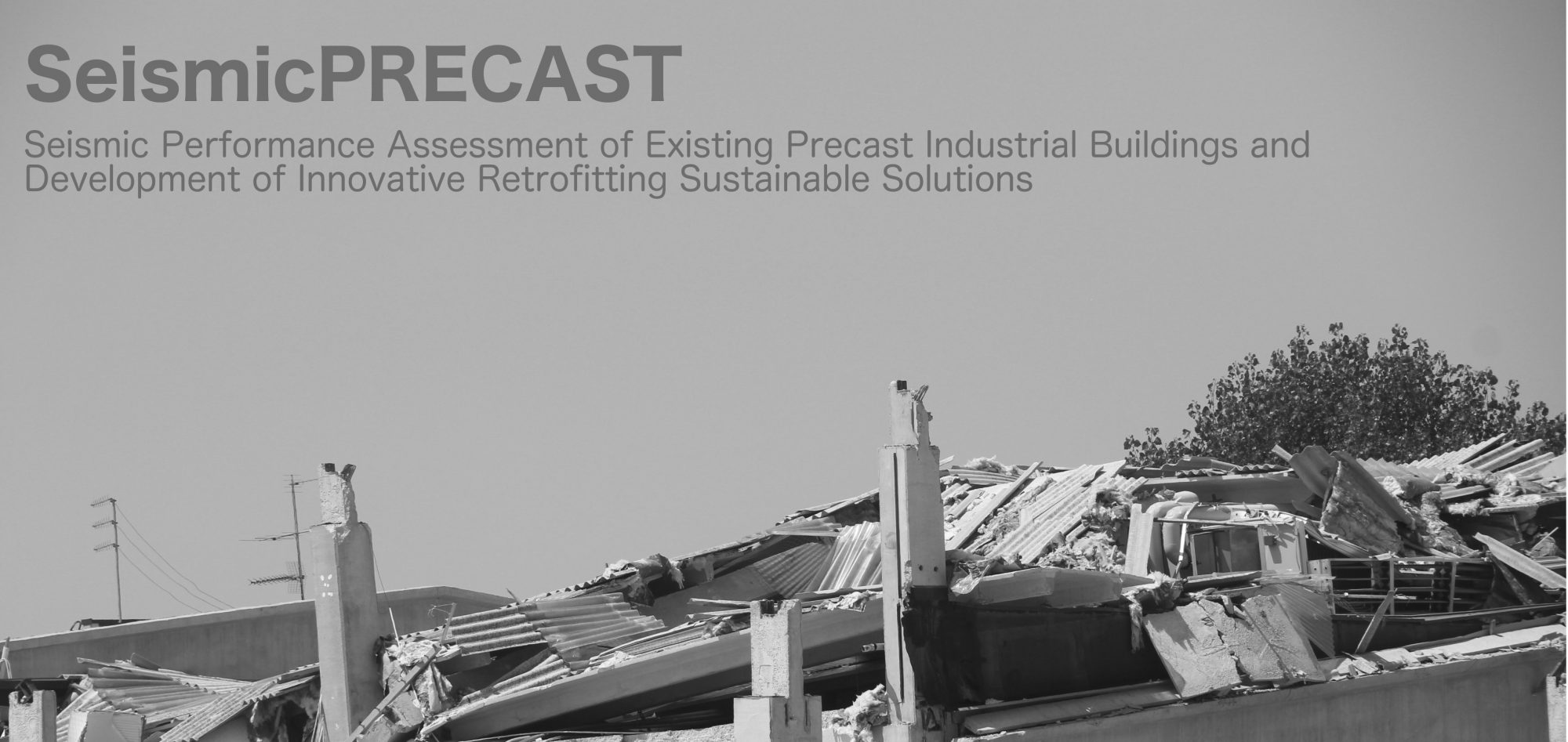 The Polytechnic Institute of Leiria (IPLeiria) is a public institution of higher education, at the service of society, dedicated to the production and diffusion of knowledge, creation, transmission and diffusion of culture, science, technology and arts, applied research and experimental development. IPLeiria develops its activities in the aim of education and training, research, provision of services to the community and extending cooperation in educational, cultural and technical areas. IPLeiria has invested in modern and well-equipped facilities, which provide support services with excellent quality. Presently, IPLeiria has approximately 1.150 workers, of which more than 800 are teachers (half with doctoral degrees), and has more than 11.000 students, distributed mainly in post-secondary education, degree and master courses. The IPLeiria is present in the region of Leiria and West through higher education schools and research units located in Leiria (School of Education and Social Sciences – ESECS; School of Technology and Management – ESTG; School of Health – ESSLei), Caldas da Rainha (School of Arts and Design? ESAD.CR), Peniche (School of Tourism and Maritime Technology – ESTM) and Marinha Grande (Centre for Rapid and Sustainable Product Development – CDRSP).
The Polytechnic Institute of Leiria (IPLeiria) is a public institution of higher education, at the service of society, dedicated to the production and diffusion of knowledge, creation, transmission and diffusion of culture, science, technology and arts, applied research and experimental development. IPLeiria develops its activities in the aim of education and training, research, provision of services to the community and extending cooperation in educational, cultural and technical areas. IPLeiria has invested in modern and well-equipped facilities, which provide support services with excellent quality. Presently, IPLeiria has approximately 1.150 workers, of which more than 800 are teachers (half with doctoral degrees), and has more than 11.000 students, distributed mainly in post-secondary education, degree and master courses. The IPLeiria is present in the region of Leiria and West through higher education schools and research units located in Leiria (School of Education and Social Sciences – ESECS; School of Technology and Management – ESTG; School of Health – ESSLei), Caldas da Rainha (School of Arts and Design? ESAD.CR), Peniche (School of Tourism and Maritime Technology – ESTM) and Marinha Grande (Centre for Rapid and Sustainable Product Development – CDRSP).
 Since its beginning, University of Aveiro (UAVR) has transformed itself into one of the most dynamic and innovative universities in the country. UAVR has now around 14000 students distributed by 16 Academic Departments and 4 Polytechnic Schools which work together in an inter-disciplinary manner according to their academic and research affinities. UAVR is a place for research, where innovative products and solutions are developed to contribute to the advance of science and technology. It is a privileged partner for companies and other national and international organisations with which the University cooperates in numerous projects and for which it provides important services.
Since its beginning, University of Aveiro (UAVR) has transformed itself into one of the most dynamic and innovative universities in the country. UAVR has now around 14000 students distributed by 16 Academic Departments and 4 Polytechnic Schools which work together in an inter-disciplinary manner according to their academic and research affinities. UAVR is a place for research, where innovative products and solutions are developed to contribute to the advance of science and technology. It is a privileged partner for companies and other national and international organisations with which the University cooperates in numerous projects and for which it provides important services.
During 2016, 282 research and technology transfer projects were active in UAVR. 95 of these projects are/were funded by International and European Programmes, of which 20 by the 7th Framework Programme, 25 by the Horion 2020 and 21 by the ERASMUS +.
The projects developed by UAVR are developed under 19 research centres, of many different scientific areas, namely environmental and marine; ceramics and composite materials; nanostructures, nanomodelling and nanofabrication; telecommunications; electronics and telematics engineering; mechanical technology and automation; geo-technologies and geo-engineering; cellular biology; organic chemistry of natural products; mathematics and applications; education and behavioral sciences; languages and cultures; technologies and communication sciences; governance, competitiveness and public policy; politics for higher education; music and design. 52% of these research centres have been classified as very good, excellent or exceptional in the last evaluation promoted by the National Foundation for Science.
The Aveiro Research Centre for Risks and Construction Sustainability – RISCO was created in 2015. It is composed of 24 integrated members and 26 researchers, including PhD students and technical staff. It is organized as a single research team, originating mainly from Civil Engineering department of the University of Aveiro (UA), but including researchers from other departments such as Mechanical Engineering and Geosciences. The organization of RISCO in a single research team is embedded in the UA culture of promoting multidisciplinary and interdisciplinary research, sharing the research facilities available across the UA campus, ideas and research materials, promote new research values and a new scientific culture. The RISCO laboratories are housed in the Civil Engineering Department building of the UA and are fully equipped to carry out research on subjects related to the study and evaluation of risks and sustainability in construction including built heritage conservation and restoration. Research equipment is made available to researchers through Research Facilities managed by full time technicians. RISCO researchers also have access to state of the art NMR, Mass-Spectrometry, Computing laboratories and other laboratories available across the UA Campus. Centred in the Civil Engineering domain it also develops research on frontier areas such as mechanical, materials or environmental engineering as well as architecture. In fact, RISCO aims at bringing together different areas of knowledge in order to ensure the interdisciplinary interaction to achieve excellence of scientific production and technology transfer in those currently very important domains. For this latter purpose to be achieved, this research unit aims to aggregate around it industry and companies interested and involved in the scientific output coming from its R&D work. RISCO?s research is supported by both public and private funds. In the last 2 years, its researchers published over 140 papers. Beyond this, RISCO researchers have an extensive network of international collaborators with whom they share projects, students and a range of other scientific initiatives.
 The Faculty of Engineering of the University of Porto (FEUP) is a public institution of higher education with statutory, scientific and financial autonomy (www.fe.up.pt). Our mission is to train world-class engineers and our effort is on research and development of excellence.
The Faculty of Engineering of the University of Porto (FEUP) is a public institution of higher education with statutory, scientific and financial autonomy (www.fe.up.pt). Our mission is to train world-class engineers and our effort is on research and development of excellence.
Founded in 1926, FEUP is one of 14 faculties at the University of Porto (UP). We are the largest faculty of UP, with 3 Graduation Programmes, 9 Integrated Masters (5 years), 12 Masters (2 years) and 26 Doctoral Programmes. FEUP has more than 8000 students and 500 professors across 9 departments.
FEUP works closely with several recognized institutions such as the European Space Agency, IBM, Microsoft and the European Organization for Nuclear Research. It also teams up with the Massachusetts Institute of Technology, the University of Texas at Austin and the Carnegie Mellon University.
Supported on the R&D resulting from the excellence of its research units and international partnerships, FEUP seeks to ensure that students are able to conceive and operate complex systems, to generate added value in an environment of social and professional sustainability, based on ethical principles.
Among these research units, the Institute of R&D in Structures and Construction (CONSTRUCT), which supports the present project proposal, was rated as EXCEPTIONAL in the last FCT evaluation. The evaluation panel stated that ?the achievements of the Unit are very impressive, which come from basic and applicable research.
 The Research Unit CONSTRUCT – Institute of R&D in Structures and Construction, hosted at FEUP, has the mission of developing activities of research, innovation and advanced training in connection with academic activities, mainly of third cycle degree (PhD), promoting the transference of knowledge and technology and providing specialized consultancy.
The Research Unit CONSTRUCT – Institute of R&D in Structures and Construction, hosted at FEUP, has the mission of developing activities of research, innovation and advanced training in connection with academic activities, mainly of third cycle degree (PhD), promoting the transference of knowledge and technology and providing specialized consultancy.
CONSTRUCT was created in 2015 and results of the fusion between LABEST – Laboratory for Concrete Technology and Structural Behaviour and CEC – Construction Centre of Studies. CONSTRUCT has access to laboratories with an overall area larger than 3500m2, accommodating equipment evaluated in more than 5M Eur. In the last FCT evaluation CONSTRUCT was rated as EXCEPTIONAL. The evaluation panel stated that ?the achievements of the Unit are very impressive, which come from basic and applicable research?.
Currently, CONSTRUCT has grown to 46 integrated members, 9 Post-doc, 67 PhD students and 85 other researchers further including, since 2014, expertise in Structures, Geotechnics and Buildings. The general objective of CONSTRUCT is the development of research on Safety, Serviceability, Durability, Economy, Comfort and Sustainability of Civil Engineering constructions. CONSTRUCT strategy includes: (i) Transference of research results to the construction sector and to society; (ii) Activities leading to patentable and tradable inventions; (iii) Promotion of entrepreneurship and innovation, in particular those leading to spin-offs; (iv) Setting R&D contracts with the construction industry; (v) Setting contracts with the public administration; and (vi) Promotion of activities for dissemination of science, to increase perception of general public for the importance and added value of scientific research. CONSTRUCT has consistent, diversified and life-long relationships with the Community, namely with government, municipalities, public and private companies, contractors and consultancy offices. It is important to underline that the research carried out in the unit until now gives an important contribution to some key themes, namely: risk mitigation, waste valorisation, energy and mobility infrastructures, rehabilitation and energy efficiency.
Some major achievements of CONSTRUCT team are summarized as follows: (i) Quality and quantity of research outputs, namely: PhD Theses concluded (about 20 per year); papers in international journals (more than 120 per year) and research projects awarded in competitive calls (more than 1M€ per year); (ii) International conferences of great relevance were organized (26 in the last three years); (iii) Two startups were created, one of them, BERD, reached in 2013 the top 5 worldwide-solutions for Bridge Engineering; (iv) The cultural impact on the Community was intense, expressed by the numerous books publish, lectures and TV and radio broadcast programs.
